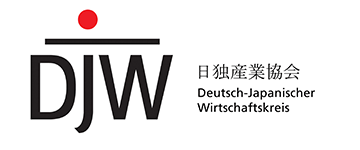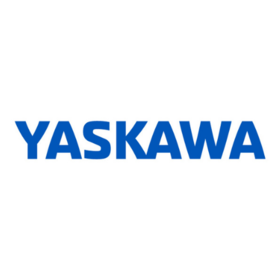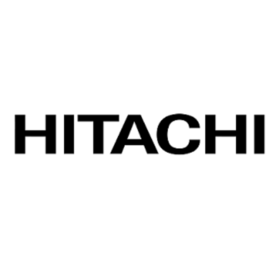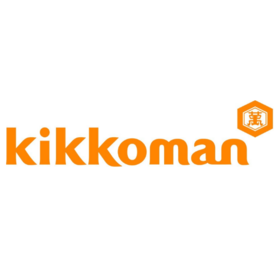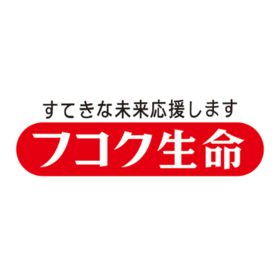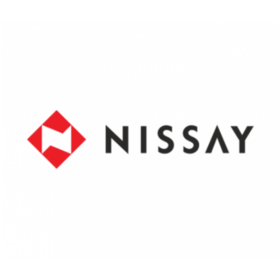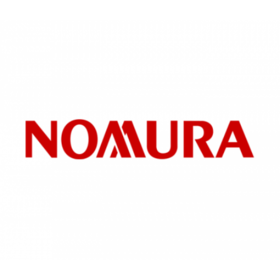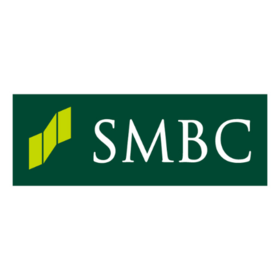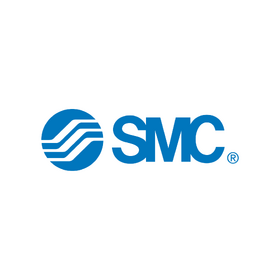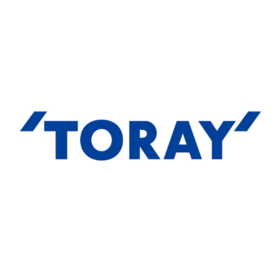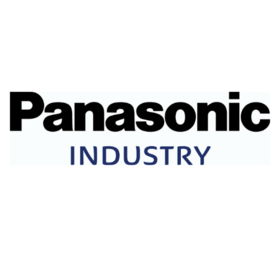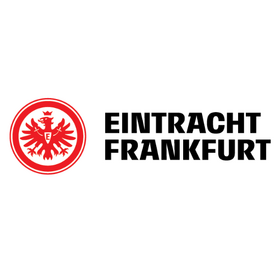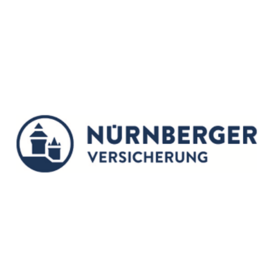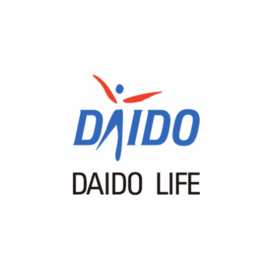Bringing European and Japanese companies and markets, young talents and economy together
DJW会員SCMT GmbH Steinbeis-Hochschule (SMT)からのお知らせ
About SCMT GmbH Steinbeis-Hochschule (SMT) and its flagship module Intercultural Competence (IKO)
For over 40 years and in more than 60 countries, Steinbeis University has been recognized worldwide for transferring cutting-edge research and knowledge into business practice. The School of Management and Technology (SMT), a business school of Steinbeis University, has focused on bringing European and Japanese companies and markets, young talents and economy together since 1998 with its flagship module Intercultural Competence (IKO). The practical application module addresses the difficulties of succeeding in business across multiple languages, cultural expectations and time zones.
Every year for two batches, next time in March 2022, SMT launches the IKO module, which offers opportunities for companies with a high interest in building business and partnerships between Germany and Japan. To prepare, companies are invited to submit their real-life case studies, global challenges or goals for new international partnerships to be considered in the IKO module.
Challenge for companies based on a real case
For a medium-sized company such as our model company "COMPANY", innovations and the development of new markets are essential for survival. However, both topics represent - despite all inventiveness and entrepreneurship of the medium-sized business - an enormous challenge. Resources are limited and measures must always be adapted to the company's scope of action.
Based on publications in trade journals, general business news, basic research as well as "COMPANY"'s first experiences, Japan seems to be an attractive and lucrative market. This seems to be especially true for the high-precision tools for metrology offered by "COMPANY", made in Germany. The political stability of the country, the reliability and sustainability in the business relations, the price level, the service understanding and the obviously high quality standards for products for industrial applications are essential points why "COMPANY" can imagine a well-considered and planned entry into the Japanese market.
While there is much to be said for Japan as a target market from an economic and technical point of view, the media and the news paint a clear picture that cultural differences in particular can present high hurdles to market entry. Beyond the known or unknown, rather superficial peculiarities (behavior during greetings, introductions, business meals, etc.), a deeper mutual understanding of the business partners seems to be of fundamental importance.
For the sample company "COMPANY", there are currently a large number of individual questions (see below) covering key points for market entry. At the same time, SMT is aware that these questions are unorganized and insufficient with regard to a possible phase plan. For a structured approach, there may be far more important questions that cannot be formulated by the company due to unfamiliarity with the target market and company. These questions will be identified by the SMT students (junior consultants) and answered as best as possible with the partner company "COMPANY".
- Who are the potential customers for our products in Japan, how can we get in touch with them?
- Would addressing Japanese partners look different than in our home markets?
- Are market structures and dependencies (OEM, suppliers) different from our home markets and what impact would this have on a market entry?
- What expectations do they have with regard to our products, but also with regard to the "COMPANY" as a company?
- Who are the competitors in the market?
- How do their products and services differ?
- How and through which channels do they address their customers?
"COMPANY" is not only interested in answers to the basic questions mentioned above, but in a holistic approach leading to scenarios and a most promising, appropriate and concrete plan for a market entry with regard to the structure and the available resources of the company.
The plan, as well as the research results of SMT's junior consultants flanking the proposals, should be presented in a pitch of approximately 20 minutes. 20 min. pitch followed by open discussion (Q&A).
How the cooperation between SMT and partner companies works
- Small to medium-sized partner companies provide case studies.
- SMT supports the potential partner companies in formulating the case study with more than 20 years of experience.
- SMT's junior consultants take on the case study together with their colleagues in Japan and deliver answers and solid results. The junior consultants are supported by experienced SMT coaches.
- The time commitment for the partner company is minimal and consists of:
- Preparation of a summary of the case study, such as product information,
- international objective or marketing challenges
- A presentation and Q&A meeting with SMT's global teams.
- Providing a point of contact for inquiries from the junior consulting team.
- SMT leadership will guide partner companies from initial concept through final presentations by the global team.
The SMT module "Intercultural Competence" builds bridges to new markets, develops intercultural competence and creates the basis for a Europe/Asia business model.
For more information please contact:
Mr. Peter Schupp
peter.schupp@scmt.com
Mobile: +49-(0)172-76 26 745
